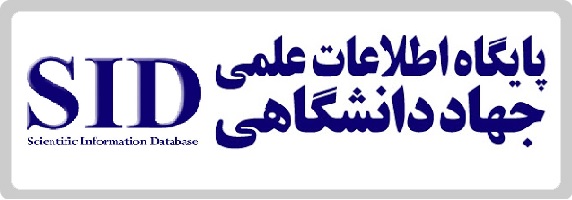Relation between theoria and praxis in Aristotle according to Heidegger
Keywords:
Aristotle, Prudence . Understanding, theory, Practice, Circumspection, ConscienceAbstract
Aristotle deals with theory and practice in the sixth book of Nicomachean Ethics by defining the two concepts of phrónesis and sophía. These two concepts are both intellectual virtues and are closely related to the concept of reason (nous). Of course, placing phrónesis alongside other intellectual virtues, including sophía, techne and episteme and counting it as one of the aspects of aletheuein makes it for Heidegger possible to prevent this concept from entering in to the field of ethical discussions. He attributes three meanings to the concept of phrónesis: first, having circumspection; the second is being resolute (entschlossen) and finally to have conscience (Gewissen). According to Heidegger, what is revealed in the relationship between phrónesis and sophía is the connection of philosophy with the knowledge that guides us in our daily works. By interpreting the concept of phrónesis in Aristotle, Heidegger achieves the source of the everyday understanding of Being.





